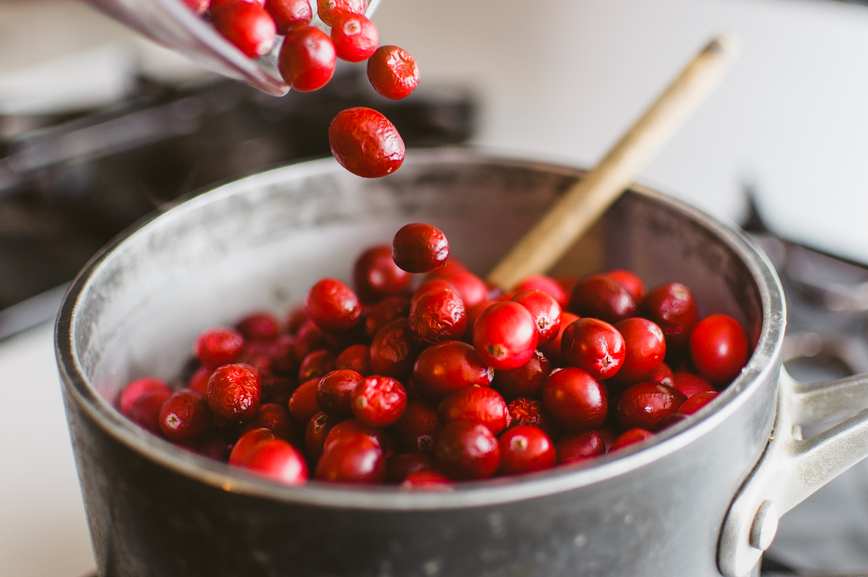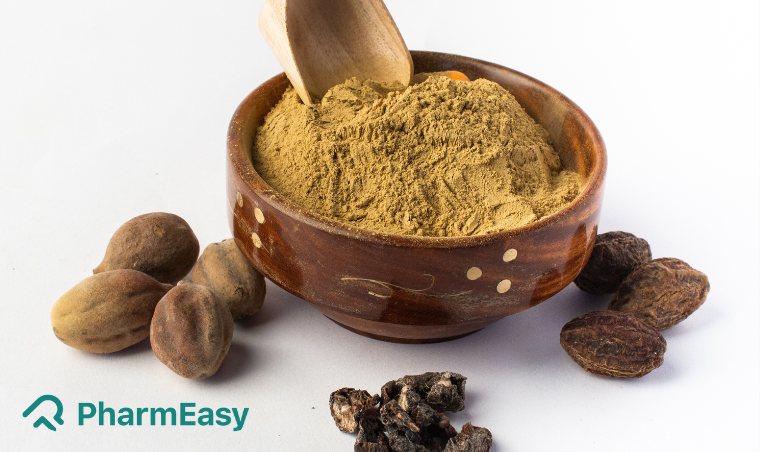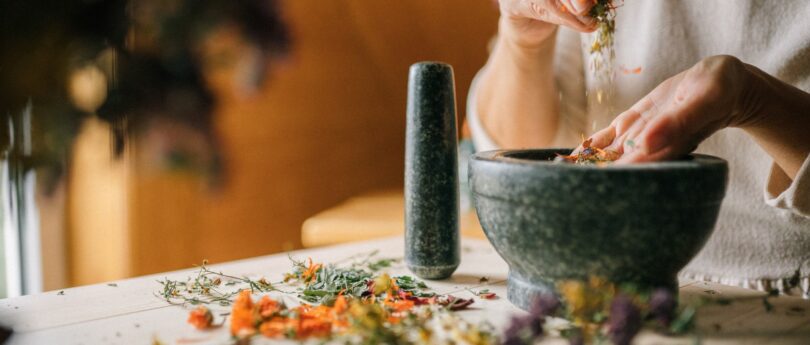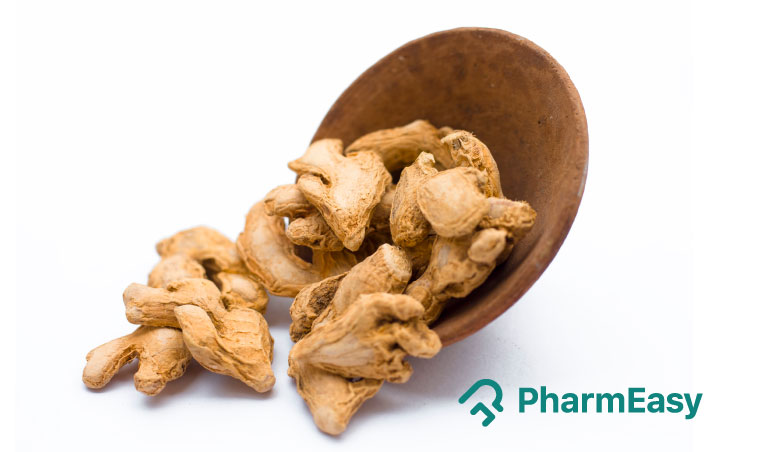JThe tingling sensation that rises while you pee has got to be one of the worst feelings. “Oh No, do i have a urinary tract infection? ” you ask yourself. Cue the fear and the panic and the furious Google search for UTI home remedies.
Now, it makes sense that you want to find a solution. But according to David Shusterman, MD, chief medical officer and founder of New York Urology, there are no good home remedies for a UTI. If it is a true urinary tract infection, antibiotics are needed to kill the bacteria in the urethra and urinary tract that are causing the infection in the first place.
Although some at-home techniques and strategies can help prevent UTIs are not effective treatments for active infections. And, Dr. Shusterman explains that, if left untreated, UTIs can lead to painful bladder or kidney infections, which could potentially send you to the emergency room.
So if you think you have a UTI, make an appointment with your doctor as soon as possible to make sure it’s really that (since burning pee can have other causes as well) and get the medicine you need. you need to get relief.
About that cranberry juice…
“One of the most persistent myths about UTIs is that drinking cranberry juice can cure them,” says Dr. Shusterman. “Although cranberry juice may help prevent UTIs, it is not an effective treatment for an active infection. It simply creates an environment in which you drink more water, which causes you to urinate more frequently. ” Peeig more often is good for a UTI because it means you flush the area where there is an infection. However, beyond that, cranberry juice doesn’t do much for you, which means sipping it instead of getting medical attention can lead to a more serious infection down the road.
Another common myth is that all UTIs cause painful urination. Although this is a typical sign of a urinary tract infection, it is not always the case. Some UTIs can cause other symptoms, such as fever, back pain, and/or abdominal pain. The only way to know for sure whether it is a UTI or not is to have a medical professional collect a urine sample.
How can you prevent urinary tract infections?
The good news: if you know you’re prone to UTIs, there are at-home tips and tricks you can follow to help prevent them. (Remember that they don’t have the power to to treat a UTI once you have one.)
1. Drink
“Drinking plenty of water helps flush out bacteria from the urinary tract, and studies have shown that increasing water intake can reduce the occurrence of UTIs by up to 50% in premenopausal women with menopause. recurring urinary tract infections,” says Dr. Shusterman.
2. Wear breathable and clean cotton underwear
According to Dr. Shusterman, choosing breathable cotton underwear (and changing them regularly for a clean pair) can help ward off UTIs. This is because underwear that traps moisture can cause bacteria to grow and invade where they shouldn’t.
3. Stock up on probiotic foods regularly
Dr. Shusterman says foods that support a healthy gut microbiome may also contribute to urinary tract health. Probiotic foods contain lots of “good” bacteria that your body likes to keep, which can help if your bacterial balance is upset. So fill your diet with things like kefir, miso, and yogurt, and fermented foods like sauerkraut or kimchi.
4. Try peeing after sex (and not Before)
Like many urology experts, Dr. Shusterman recommends peeing after sex. This helps flush out any bacteria from the urethra that were pushed near that area during sex.
An addition that Dr. Shusterman includes in this advice is to try to avoid peeing. Before sex. Of course, having sex with a bladder that feels like it’s going to burst isn’t ideal. However, one problem some people have with the advice to “always pee after sex” is simply not feeling obligated to go. But if you’re hydrating regularly and generally avoiding peeing before sex, you’re less likely to have a challenge to keep up with.
5. Avoid feminine washes
Feminine pH washes aren’t entirely necessary in Dr. Shusterman’s eyes. This is because you have a vaginal and vulvar microbiome with both good and bad bacteria – and bringing pH soap to the area will eliminate both. This usually discards this ecosystem and may even allow bad bacteria to populate more than good bacteria. Mild soaps that aren’t meant to lessen odors or alter your pH are best for the area.



